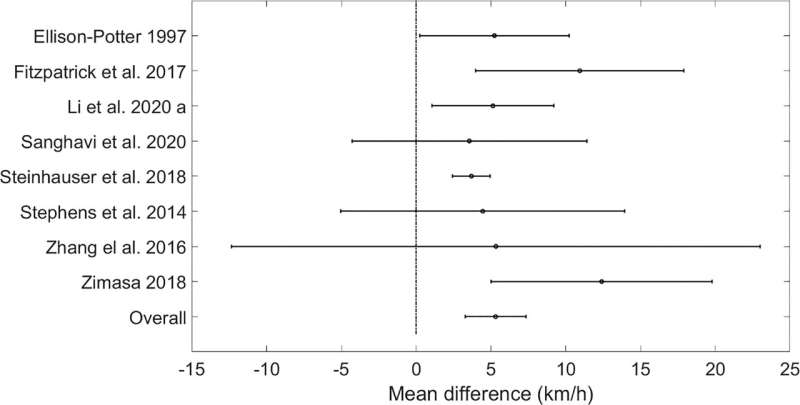This article has been reviewed according to Science X's editorial process and policies. Editors have highlighted the following attributes while ensuring the content's credibility:
fact-checked
trusted source
proofread
How road rage really affects your driving—and the self-driving cars of the future

New research by the University of Warwick has identified characteristics of aggressive driving—which impact both road users and the transition to self-driving cars of the future.
In the first study to systematically identify aggressive driving behaviors, scientists have measured the changes in driving that occur in an aggressive state. Aggressive drivers drive faster and with more mistakes than non-aggressive drivers—putting other road users at risk and posing a challenge to researchers working on self-driving car technology.
The research comes as a leading Detective Chief Superintendent, Andy Cox, warns of the perils of such driving—warning that the four-five deaths on UK roads daily are "predominantly caused by dangerous and reckless drivers".
The study categorized aggressive driving behaviors and showed the key aspects of this dangerous driving style. Published in Accident Analysis & Prevention, it reported key findings:
- Aggressive drivers have a 5km/h mean faster speed than non-aggressive drivers;
- Aggressive drivers also exhibit more mistakes than control groups—such as not indicating when changing lanes;
- Aggressive driving is categorized as any driving behavior that intentionally endangers others psychologically, physically, or both.
Lead author of the study Zhizhuo Su, Ph.D. student, at the Institutes of Digital Healthcare and Intelligent Vehicles, WMG at the University of Warwick, said, "While it's unethical to let aggressive drivers loose on the roads, participants were asked to recall angry memories, putting them in an aggressive state, while performing a driving simulation. These were compared to a control group, who weren't feeling aggressive.
"This research is significant because, as the era of autonomous vehicles approaches, road traffic will be a mix of both autonomous and non-autonomous vehicles, driven by people that may engaged in aggressive driving. This is the first study to characterize aggressive driving behavior quantitatively in a systematic way, which may help the autonomous vehicles identify potential aggressive driving in the surrounding environment."
Roger Woodman, Assistant Professor at WMG and co-author of the study, added, "Over the last few decades, road safety policies, infrastructure changes, and improved vehicle safety have significantly reduced road casualties. However, human error, which is often a result of aggressive driving, remains a leading cause of crashes."
"To make driving safer, our research focuses on methods for understanding the state of the driver, to identify risky driving behaviors, through the use of driver monitoring systems (DMS). This will enable the driver to be alerted when they are at an increased risk of an accident and allow the vehicle to deploy calming methods, such as altering the cabin noise level, playing relaxing music, or ultimately reducing the speed of the vehicle."
Deputy Chief Superintendent Andy Cox, NPCC lead for fatal crash investigation and OCU Commander at the Metropolitan Police, added, "In the UK, on average between four-five people die every single day in a road crash. This widespread devastation is predominantly caused by dangerous and reckless drivers. Having met many bereaved families who live with the lifelong heartache of prematurely losing a loved one in such a violent manner, I recognize the need to instigate substantial change across the road safety sphere; which includes driving culture, standards and legislative options."
"Those drivers who choose to commit road crimes such as aggressive driving, intimidating other sensible and safe road users—should recognize the risk they pose to themselves and others, and frankly the law should remember that a driving license is assigned after a person demonstrates themselves to be safe and earns the right to drive. We should seek to maintain high standards and ensure the system sees the right to drive as a privilege rather than an entitlement. Currently I think the balance favors the individual rather than the law abiding collective."
More information: Zhizhuo Su et al, The relationship between aggressive driving and driver performance: A systematic review with meta-analysis, Accident Analysis & Prevention (2023). DOI: 10.1016/j.aap.2023.106972



















